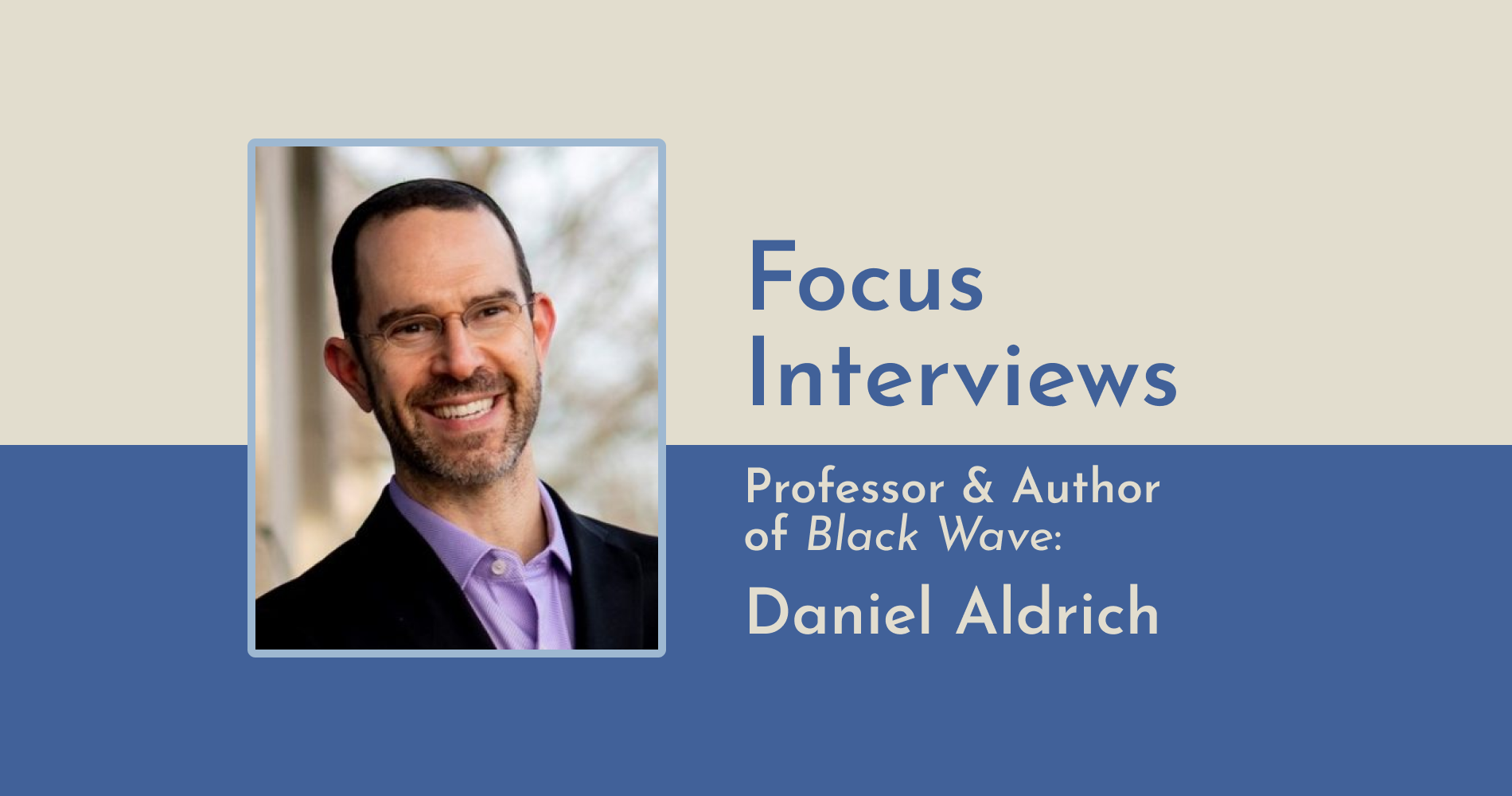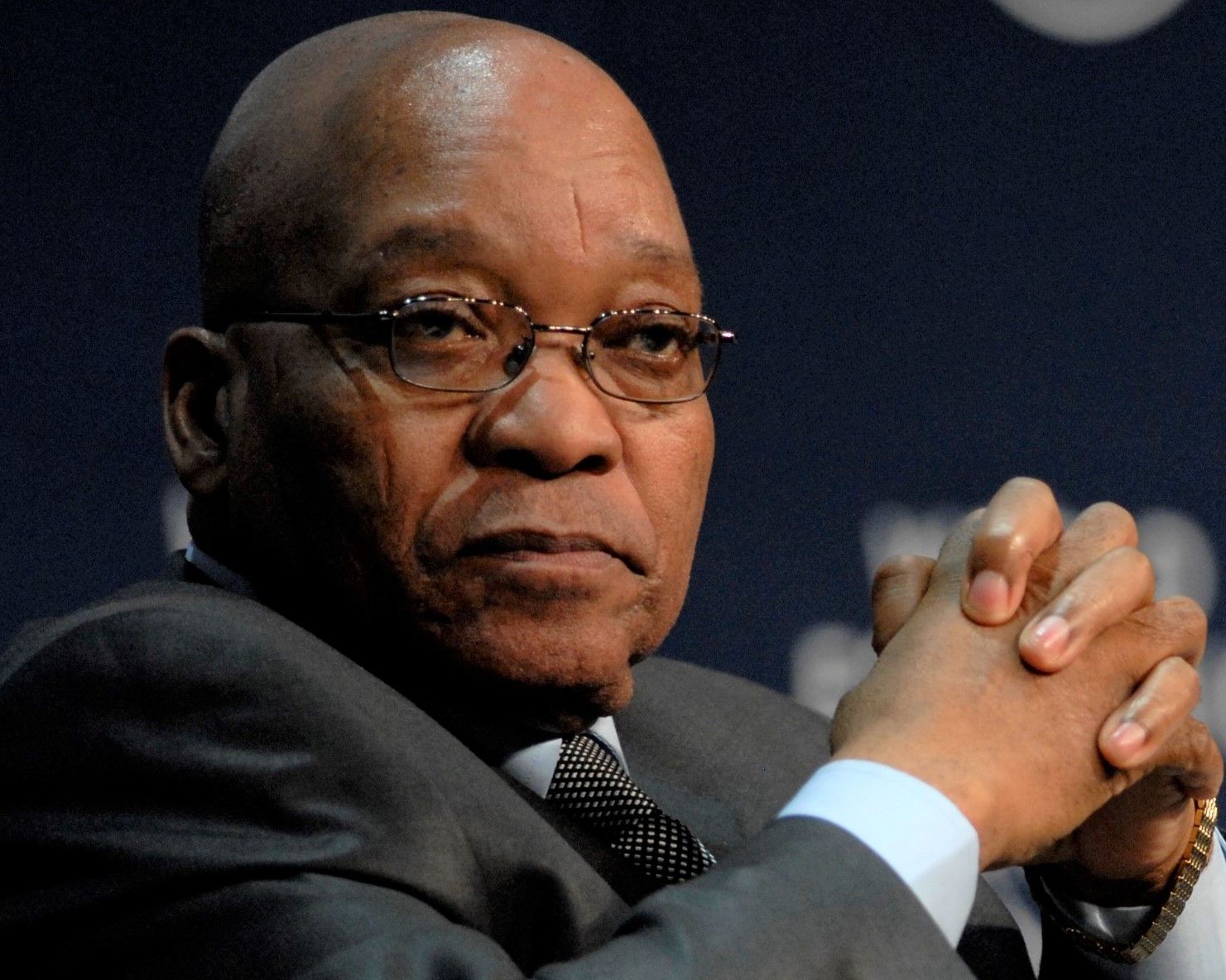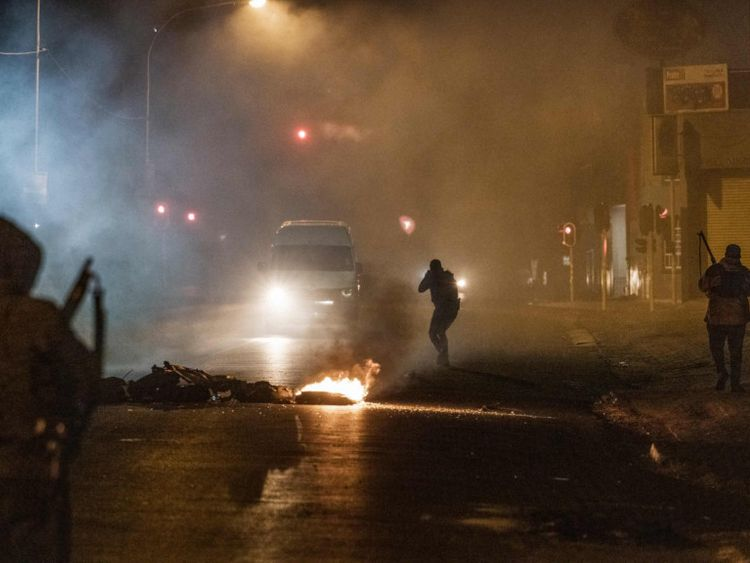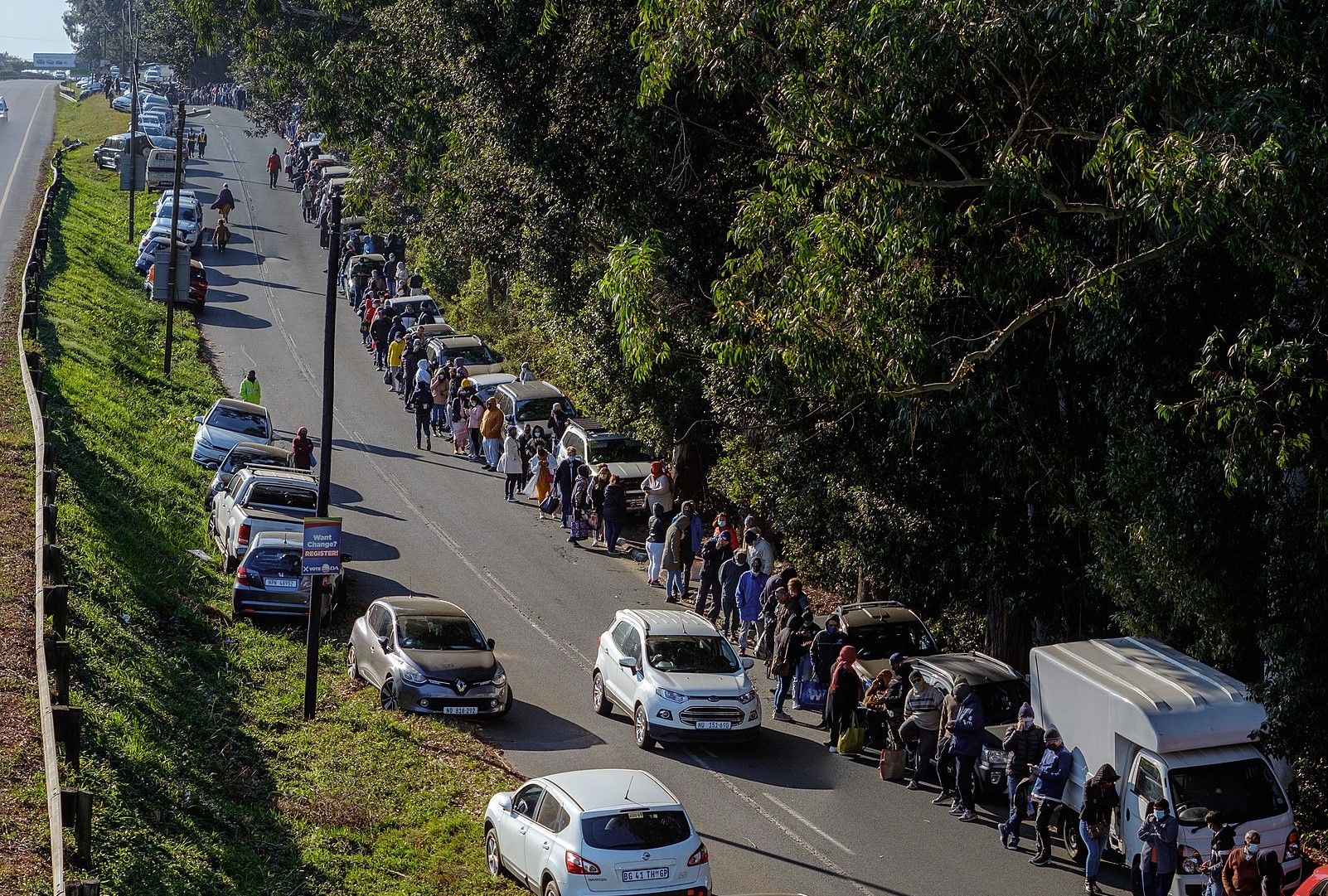The Briefing: Rainbows little consolation.
- Major flooding in KwaZulu-Natal region of South Africa
- Heavy storms last week delivered a month's worth of rain in just days
- Some areas reported over 18 inches of precipitation
- Nearly 450 people are confirmed dead, with almost 50 still missing
- The flood is approaching the deadliest ever in South Africa; in 1987, 506 people died
- Many more have been rendered homeless
- 40,000: people estimated to be displaced from their homes
- 4,000 and 8,300: homes destroyed and damaged
- Informal settlements: the euphemism for shack-style dwellings occupied by many poor South Africans
- The road to recovery may be rocky
- Rebuilding from similar, less drastic floods in 2017 was stalled by corruption
- The government has announced a voucher system to give victims money directly
- The aim is to bypass bureaucracy to accelerate recovery and rebuilding
The Big Question: What’s next for South Africa and KwaZulu-Natal?
KwaZulu-Natal was central to our last story on South Africa: the worst violence in the country since the end of Apartheid. In July, after former president and KwaZulu-Natal native Jacob Zuma turned himself in to serve a prison sentence for corruption, minor agitation in the region snowballed into massive riots. The unrest ultimately claimed more than 350 lives and led to the arrest of about 3,400 people.
It’s never going to be perfectly clear what animates every individual in such a mass mobilization. But the going theory—which we hit on from the very beginning—is that the initial protestors unintentionally sparked a much larger uproar that had little to do with Zuma. Instead, most people were simply furious about their appalling economic circumstances, and the unrest presented an opportunity to vent their frustrations.
What motivated people to take to the streets and the lesson they took away as they were arrested or cleared out were the same: that the government, especially the ruling African National Congress party, could not be trusted.
With these floods, the KwaZulu-Natal region seems to be getting another reminder of that fact. One constituent in Durban, the region’s largest city, sent a WhatsApp message to his councilor pleading for help. When the message showed as ‘read’ with no response, he followed up, angrily accusing the councilor of ignoring his and others’ pleas for help and doing nothing.
The councilor’s eventual response? “F*** u.”
It’s one example, but plenty more tell the same story; tensions between the people and politicians are high. Fewer every day seem to trust that democracy and politics-as-usual offer a way out.
The Theory: Networks, governance, and the democracy advantage.
Luckily, we just had a guest on our podcast who wrote a book all about disaster recovery and democracy, Professor Daniel Aldrich. His book is Black Wave: How Networks and Governance Shaped Japan’s 3/11 Disasters. What he has to say about Japan and its 2011 triple disaster—which featured a 9.0 earthquake, 60-foot tsunami, and nuclear meltdown—yields some useful lessons.
According to Aldrich, it’s not the scale of the disaster that most dictates how many people will die and how long it will take the displaced to once again have homes. In fact, he says, we shouldn’t even refer to earthquakes, tsunami, etc, as “natural” disasters. These things are hazards, and “hazards become disasters because of the choices made by societies.”
The social choices which shape these outcomes, Aldrich argues, fall into two categories: networks and governance. In the case of Japan’s 3/11 disasters, “Individuals and communities with stronger networks and better governance had higher survival rates and accelerated recoveries.” These features—strong networks and good governance—are in large part products of the quality of social bonds between people, including between members of a community and their elected officials.
Healthy democracies utilize a multi-level approach to governance which engages community members frequently, from school boards to city councils to congressional representatives, in order to maintain these social connections and to build trust and accountability.
When that’s done well, it improves performance during and after disasters. When it isn’t and countries have lower levels of accountability and social bonds, Aldrich continues, one can expect, for example, “lower regulatory standards for built structures, which then [collapse] quickly, raising the casualty count and creating tremendous suffering.”
This helps explain why Japan, a relatively healthy democracy with generally high quality social connections, could suffer the triple disaster it did with about 18,400 dead and 470,000 evacuated or homeless. Meanwhile in China, an 8.0 earthquake (one-tenth the strength of Japan’s), killed almost 90,000 people and forced roughly 5 million out of their homes.
The Takeaway: Things don’t look good for the Rainbow Nation.
While there’s much more to Professor Aldrich’s argument and research, one element of his theory very clearly applies to South Africa today. The social bonds between a community and its political representatives are crucial to ensuring safety and equitable recovery processes, but in KwaZulu-Natal, it’s clear those bonds are fraying.
The central government’s desire to pursue a voucher-based program, which will empower the people directly carries some real advantages. For one, the government is helping to gain citizens’ trust by first placing its trust in them to know how to spend the money best to help themselves. It may also have a similar effect merely by reducing the potential for corrupt abuse of the process by distrusted officials.
However, it also risks repeating the errors which produced such a horrifying death toll. Many shanty communities which were washed away may be simply rebuilt as was. Former residents may return, even with vouchers, still lacking another practical option to be near their work and other needs than building their own shacks on empty hillsides vulnerable to mudslides.Put simply, it’s not enough for the government to hand out vouchers and let the recovery process go where it may. As Aldrich shows in Black Wave, successful recoveries are the product of interlocking and mutually reinforcing factors, like quality governance and strong social networks. At this moment, whatever the strengths or weaknesses of a particular recovery policy, those factors are not present in KwaZulu Natal or in South Africa’s ailing democracy.
Subscribe to SpectaclesListen to our conversation with Daniel Aldrich, author of 'Black Wave'...

...and check out our past coverage of South Africa:






Comments
Join the conversation